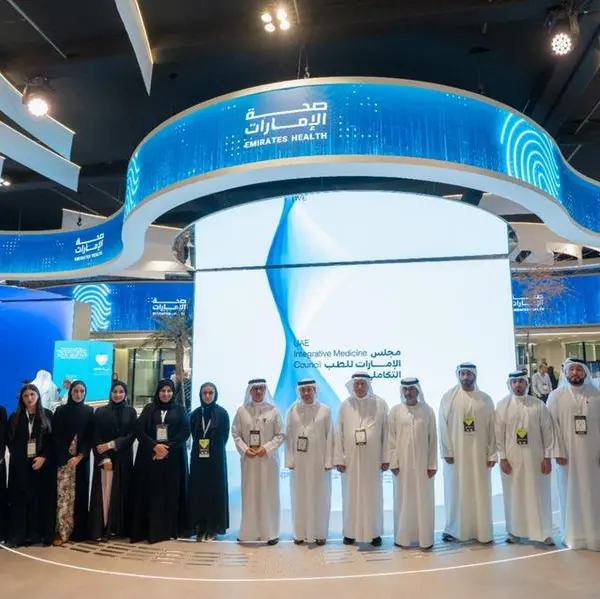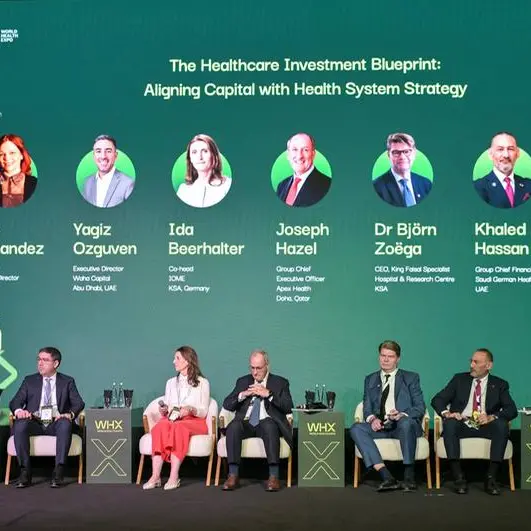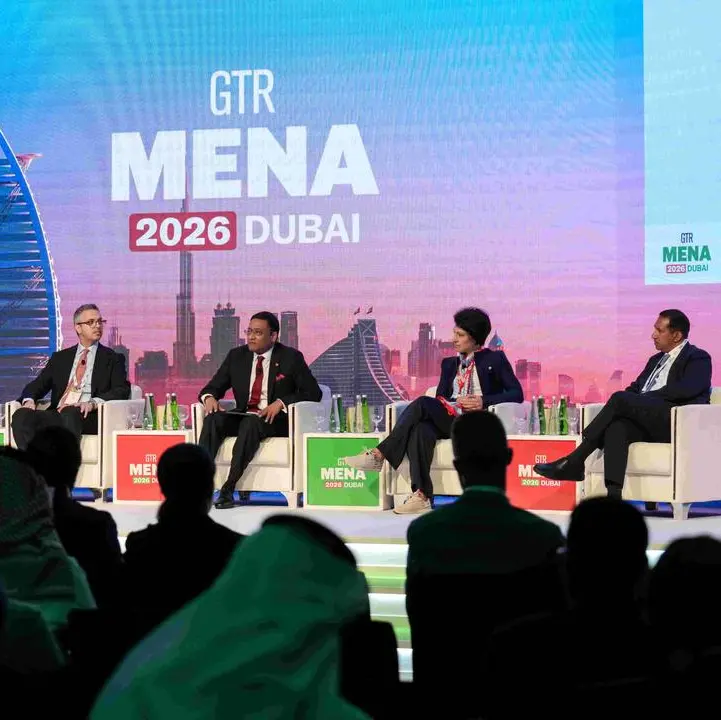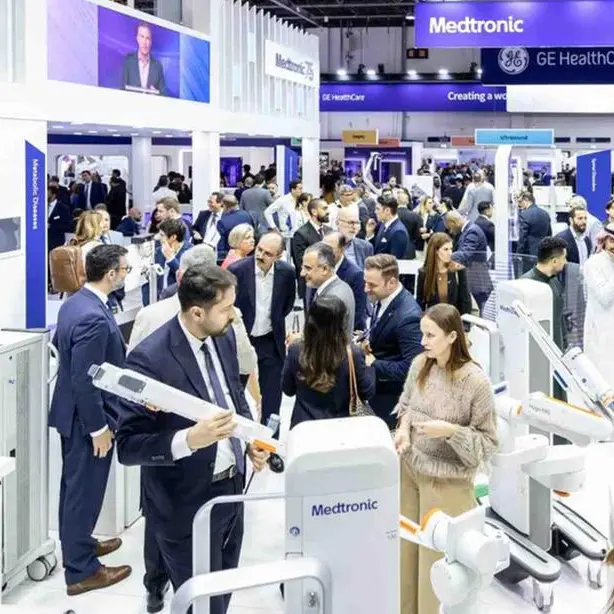PHOTO
Riyadh: The Space Debris Conference concluded its final day with several sessions focusing on "Innovative Solutions." These sessions, attended by over 470 experts, speakers, and numerous CEOs and leaders in the global space sector, addressed the looming challenges of space debris and the necessity of addressing this growing challenge by seizing the abundant opportunities offered by the Fourth Industrial Revolution, ultimately ensuring the future growth of the global space economy. Sessions are all available online: https://ssa.gov.sa/en/event/?path=/events/spacedebris/.
In the opening session titled "Modern Technologies and Strategic Measures and Their Impact on Space Traffic Management," speakers reviewed significant developments in space traffic management technologies, the role of artificial intelligence in improving space traffic flow, predicting potential collisions, and activating proactive strategies to avoid collisions.
The sixth session, "Focus on the Sky," highlighted the vital role of awareness in ensuring the safety and sustainability of space activities. It also discussed the latest developments in tracking, describing, and predicting the movements of space objects, along with discussions on the critical role of international cooperation in building a comprehensive and effective infrastructure for space awareness.
Participants in the final session, "Towards Innovative Solutions for Space Debris Challenges," discussed the necessity of developing effective legislative and policy frameworks, along with the need for adaptive and preventive measures. Speakers concluded the session by calling for the development of a roadmap to address the challenges posed by space debris, emphasizing the deepening of cooperation between academic and research institutions, regulatory bodies, the industrial sector, government entities, and various international space agencies to address the increasing challenge of space debris.
At the end of the session, participants expressed admiration for the Kingdom's remarkable digital transformation and its unprecedented success story in this field. This success led to the organization of this pioneering global conference in the region and the possession of an integrated system of digital capabilities that helped elevate various fields, especially space, technology, and innovation.
During the conference, two memoranda of cooperation and understanding were signed. The first was signed with NorthStar, aiming to enhance cooperation for evaluating and exploring various future opportunities, exchanging experiences and knowledge in space situational awareness. The second memorandum, signed with LeoLabs, seeks to build a cooperative relationship in the field of space monitoring, exchange relevant experiences and knowledge, and explore future cooperation opportunities.
The scientific discussions during the conference resulted in several recommendations and outcomes that illustrate solutions and strategies to address challenges related to space debris and ways to tackle the phenomenon through the formation of effective global governance mechanisms.
It is noteworthy that the conference, organized by the Saudi Space Agency in partnership with the United Nations Office for Outer Space Affairs (UNOOSA) as a content partner and the Communications and Space Technology Commission as a hosting partner, affirmed the Kingdom's relentless efforts to enhance environmental sustainability and achieve sustainable space utilization through the adoption of best global practices and experiences in satellite domains and the adoption of relevant scientific and applied space research for civil purposes.
-Ends-
For all press contact:
Anne Manuel
anne.manuel@redhavasme.com




















